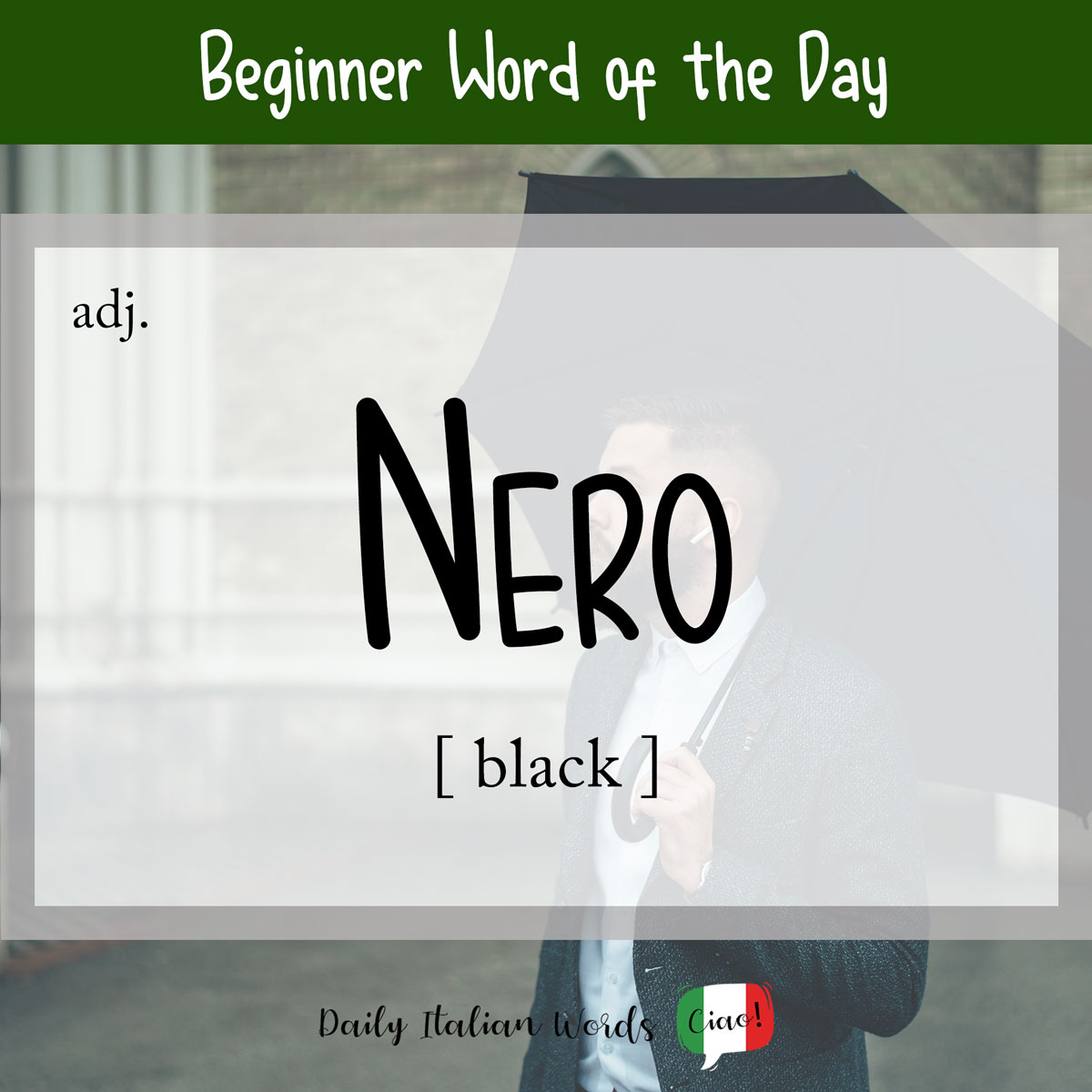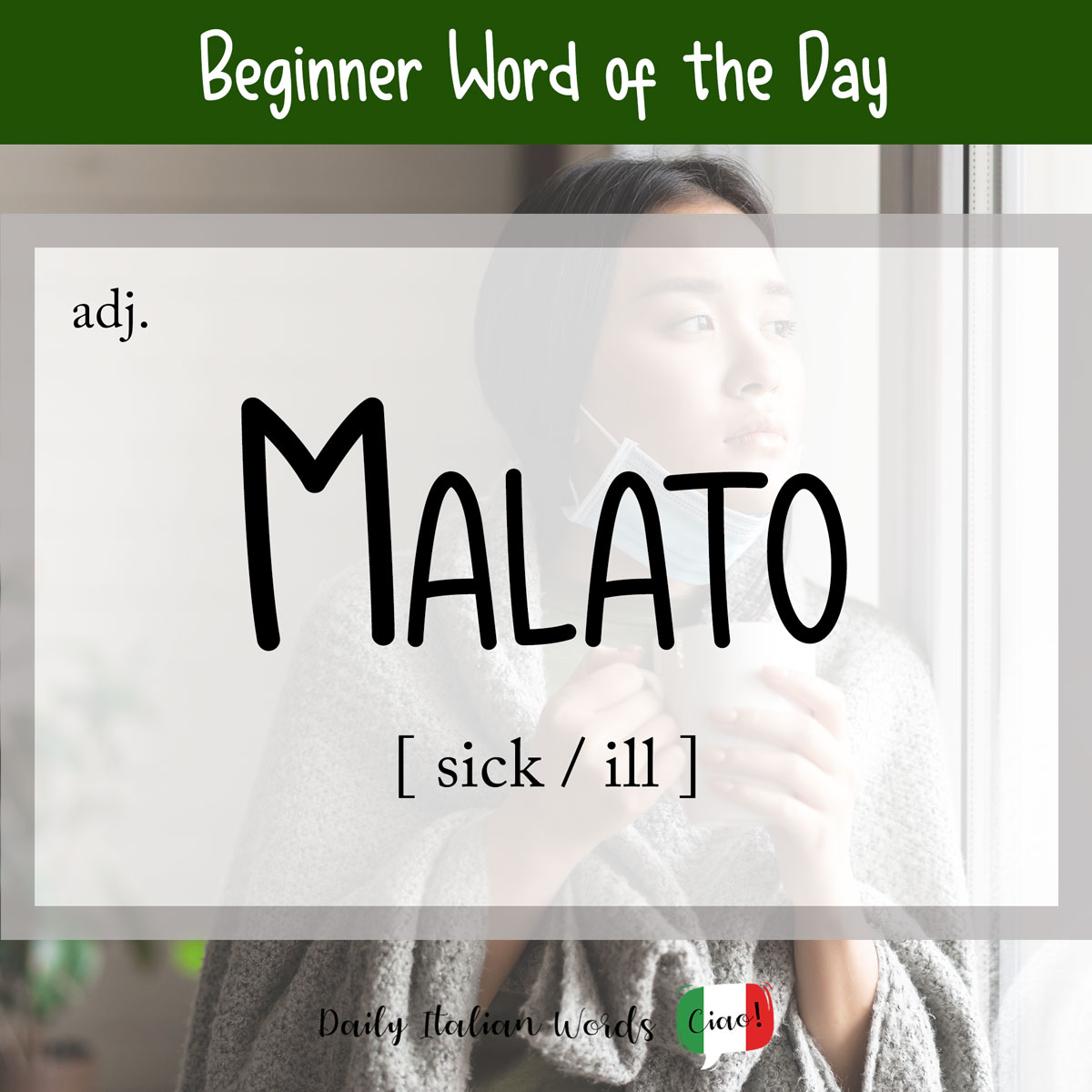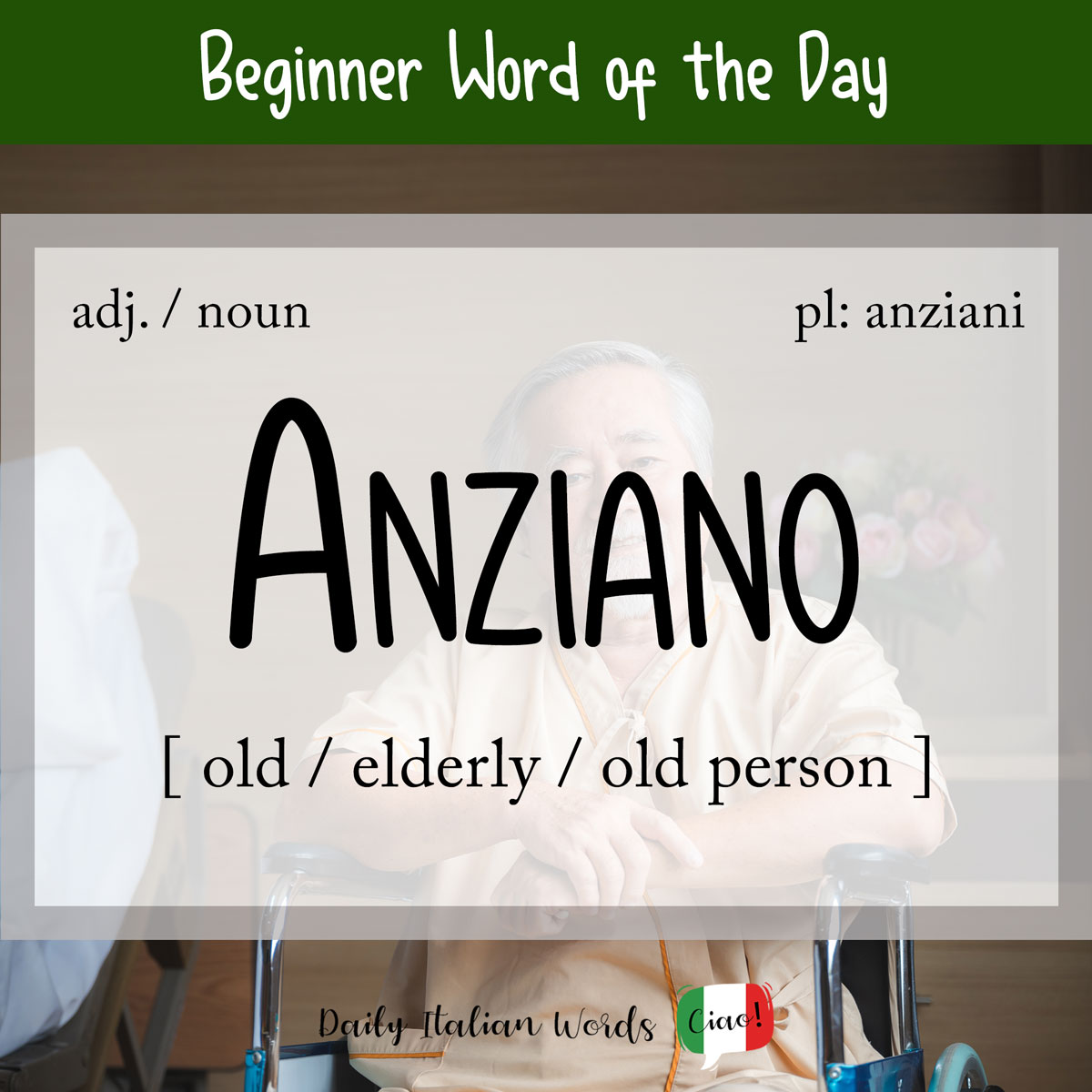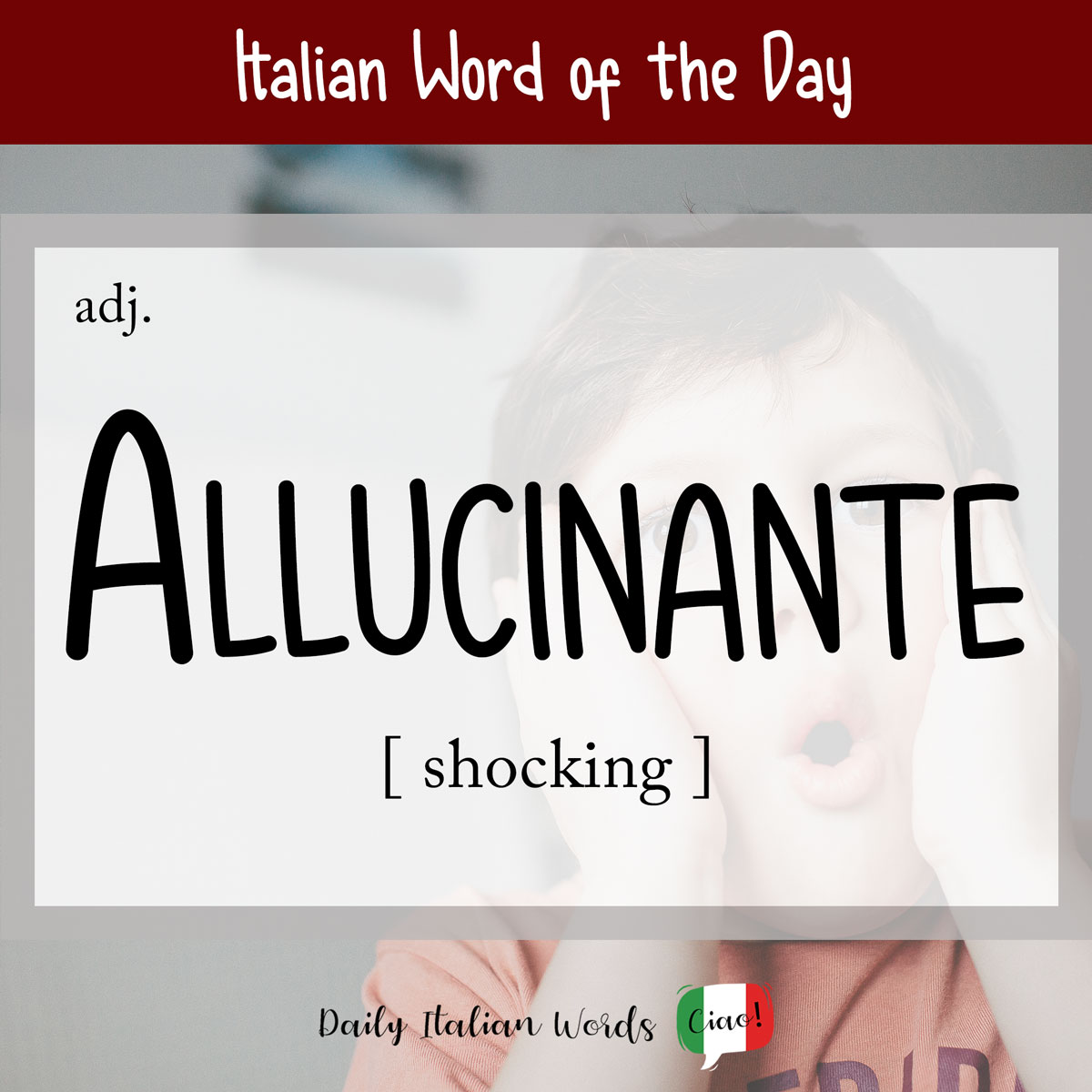Italian Word of the Day: Nero (black)
The word for the darkest colour in existence owing to the complete absence or absorption of light is nero in Italian, or black in English. Its form changes to nera when modifying feminine nouns, and their respective plurals are neri and nere. Un vestito nero means a black suit, whereas a person who is vestito …






